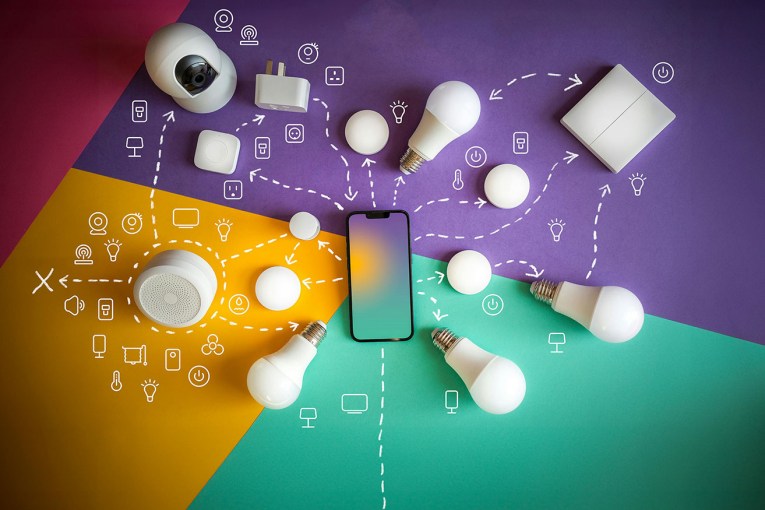Researcher calls for phone addiction to be recognised as a disorder

The author of research into problematic smartphone use is urging full recognition of phone addiction, with young people showing higher dependence and use than their parents.
The research, from Melbourne’s Swinburne University, found that understanding problematic phone dependence should start with defining it, developing effective interventions and “untangling the intricate relationship between individuals, society and evolving technology”.
Author Saqib Nawaz said problematic use needed to be identified and recognised before solutions could be found to smartphone addiction.
“Everyone knows smartphones have more benefits if we use them effectively, but there are situations where people might be experiencing problematic use,” he said.
“While it shares several characteristics with other behavioural or substance-related addictions, [phone addiction] hasn’t been accepted as an addiction or a diagnosable mental disorder.”
Technology, internet, gaming and social media dependence and addiction have been examined closely.
But smartphones combine all of these into a single device and “ubiquity amplifies the potential for dependence, given the ease of access and diverse applications available”, according to the research.
Nawaz said there was only a very thin line between normal use and problematic use of smartphones, which could quickly become an addiction.
“In a world where smartphones infiltrate our every moment, users continue to defy conventions, risking not only their social lives but also the sting of legal consequences,” he said.
“The temptation to scroll and swipe can lead to losing precious family time, alongside the higher risks of fines and losing licence points when they use it while driving. It’s a paradox most people can’t seem to escape.”
Banning devices
The release of the research coincided with a school-wide ban on mobile phones in schools in New South Wales, with Queensland also implementing a ban from the first term of 2024.
Other states, including Victoria, have already banned mobile phones in schools.
NSW Education Minister Prue Car said the shift would help students focus and learn in the classroom.
“It will help to provide more productive classrooms for students and teachers, reducing opportunities for distraction and cyber bullying,” she said.
“What we’ve heard from schools that already have bans in place gives me real confidence that this common-sense measure will improve students learning and social development.”
Schools in NSW have been given the option to ban phones from classrooms, make it mandatory for students to leave devices in their lockers, implement lockable phone pouches or have students deposit their phones at the front office each day.
Nawaz said his research showed levels of use and dependence on technological devices were higher in people aged under 41.
“It was observed that females exhibit both higher usage and increased dependence compared to males,” he said.
“Interestingly, non-parents displayed higher usage and greater dependence than parents.”

Mobile phones will be banned from Queensland classrooms from 2024, in line with other Australian states. Photo: Getty
Future classification
Although individuals can find it difficult to control their phone use, setting screen time limits, creating opportunities to spend face-to-face time with friends and family, and going on a digital detox or scheduling tech-free time throughout the day were all ways to reduce problematic smartphone dependence, Nawaz said.
“We can’t just tell people to stop using it, so we can promote healthy or balanced use to make sure they are using it in a healthy way,” he said.
Nawaz said effectively identifying problematic smartphone use mean also effectively finding solutions to manage the problem.
“Everyone knows smartphones have more benefits if we use them effectively, but there are situations where people might be experiencing problematic use,” Nawaz.
“We need to apply more policies, [and] start educating people who are adversely affected to use it mindfully so we can get the most out of it.”









